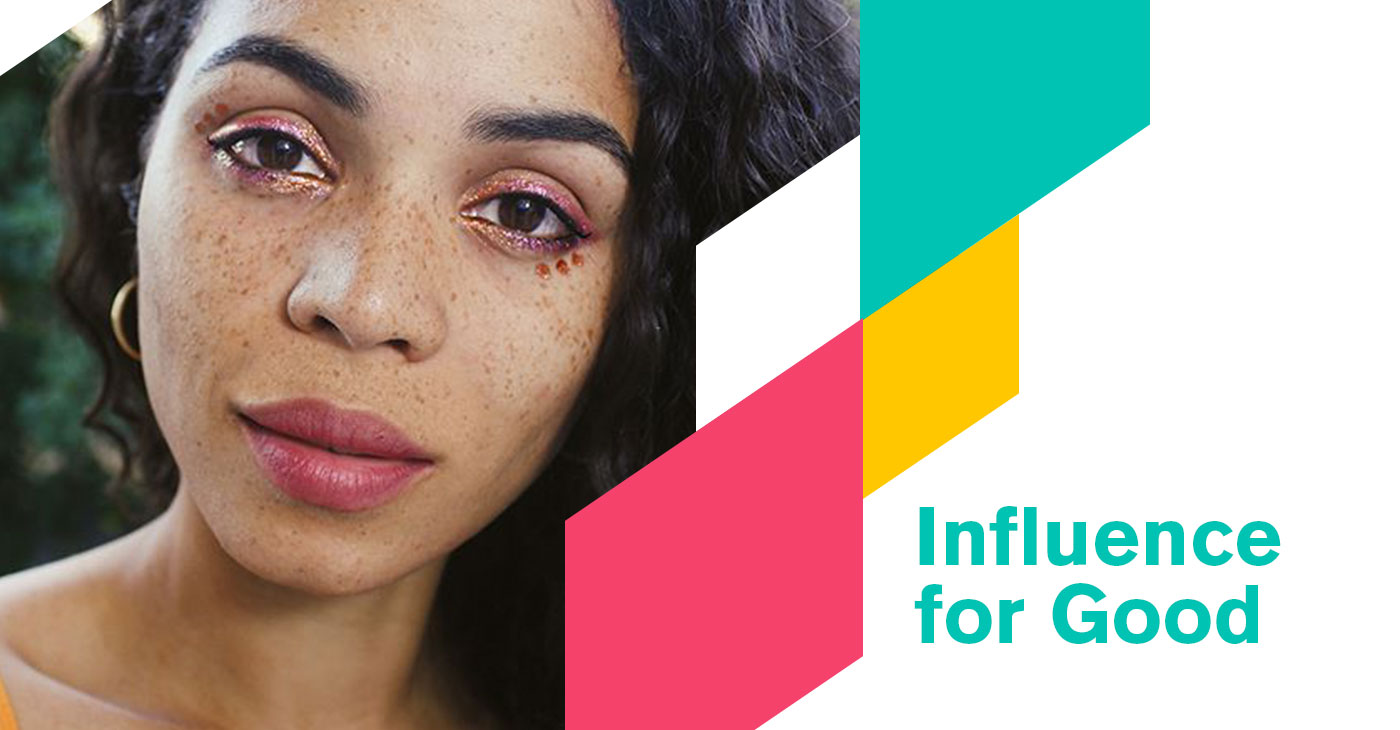In many ways, being an Influencer can be seen as an empowering career. Unlike many jobs, Creators have significant leverage to shape their livelihoods to do whatever they wish to do, and brands often seek them out. In many ways, this can be seen as a level playing field, therefore, for Influencers of all backgrounds for both men and women. However, data shows that this is contrary to the reality.
Pay equality issues exist even in the world of Influencer Marketing. According to Marketing Land, 77% of Influencers across Instagram, Youtube, and Facebook are women, but they earn an average of $108 USD less per post/video than male Influencers. This gap is at its greatest on Youtube, where women earn 38% less than men. This is significantly greater than pay gaps in traditionally female industries like beauty, where the gap is 8-10%.
Additionally, on social media platforms, gender stereotypes can be exacerbated and put on full display for sometimes impressionable audiences. These stereotypes are not simply propagated by Influencers themselves, but can be inflamed by Influencer agencies who wish to maximize margins at the cost of propagating these clichés.
When looking at the Creators in this space, Laura Medalia, @codergirl_, is a very unique example of how an Influencer can take a stance on this issue. She is a software engineer in New York, and posts about her career, business life, and fashion. Tech has proven to be quite an inhospitable industry for gender equality, as Facebook’s median gender pay gap comes in at 11.9%, and only 9% of tech entrepreneurs are women, and this number is even less for programmers.
Laura’s posts have a very distinct feminist approach, and recently she worked with the Forte Foundation to discuss how women are diminshed in the workplace.
Paloma Elsesser aka @palomija is another example of how a Creator can promote gender equality and feminism through her bold, statement-making photos on Instagram. She encourages the uplifting of women, body positivity, and the breaking down of gender stereotypes.
Tatyana Fazlalizadeh, @tlynnfaz, is an artist who creates public works that explore racial and gender identity and equality. She often takes responses from public questionnaire cards and turns them into artworks which discuss topics related to gender and identity. She has 56.4K followers on Instagram.
Lastly, Mari Andrew, @bymariandrew, is a writer and artist whose colorful works speak to a number of social issues, including gender equality. She tackles the issues of pay gap and gender stereotypes with cute drawings with matching captions. Her instagram currently has 1.1 million followers.
Going beyond Influencer Marketing, gender stereotypes and issues permeate our society. If anything, Influencers can help educate and enlighten their followers on these issues. These Creators are pioneering the space to make light of gender imbalances, and are using their Influence for good.
